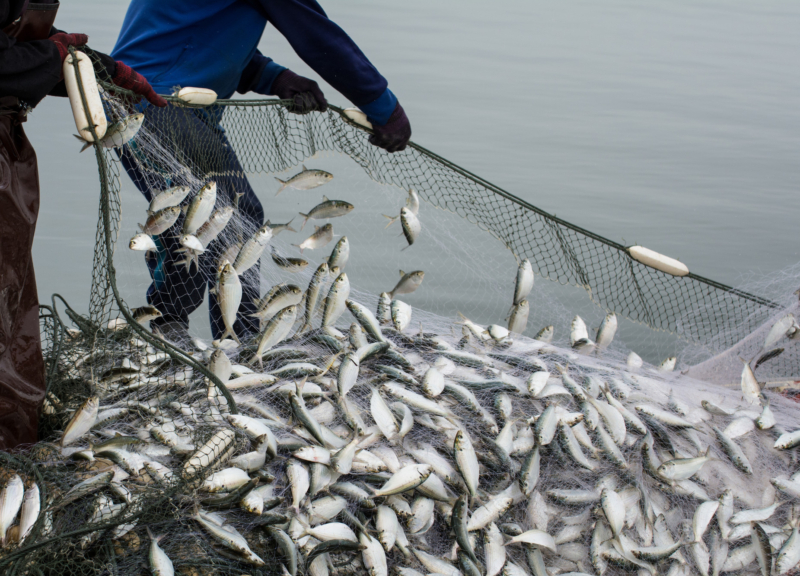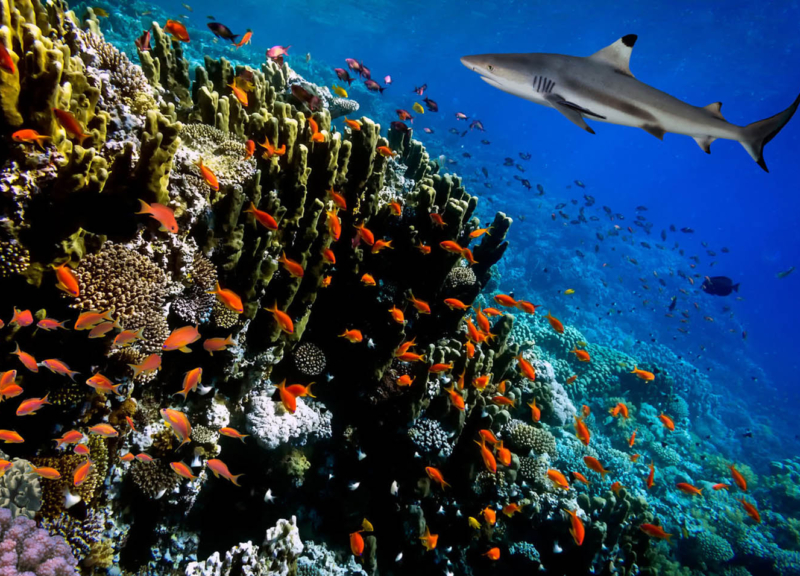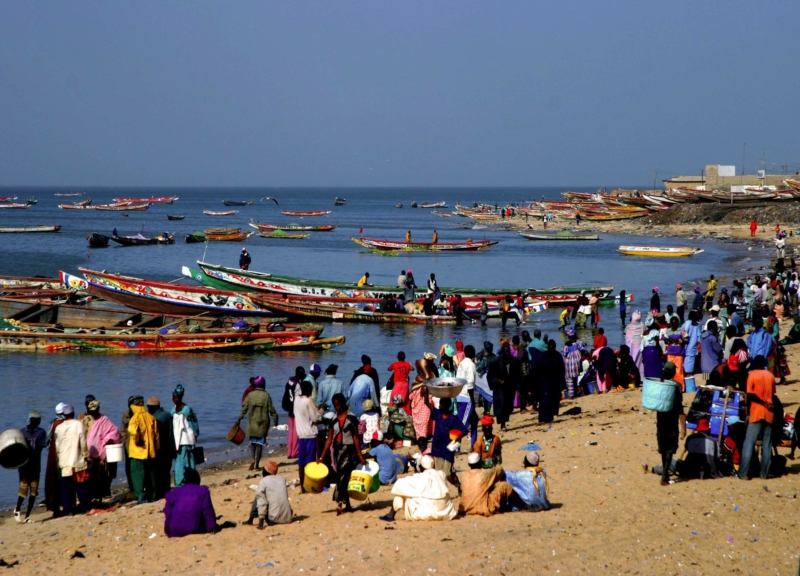Industry Leadership
Climate-resilient seafood
SFP helps the seafood industry secure climate-resilient sources through mitigation and adaptation solutions.
Climate change represents a major challenge to ocean conservation, the well-being of fishers and coastal communities, and the long-term health of the fisheries and aquaculture sectors. To address these challenges, SFP’s work supports efforts to mitigate climate impacts and promote adaptation to a changing environment.
Wild-capture fisheries
SFP works with partners to identify fair and cost-effective solutions to lowering capture fisheries’ emissions of greenhouse gases. For example, SFP works with catchers, governments, and technology providers to reduce the race to fish and to fish more efficiently through improving fisheries management and transitioning to energy-efficient technologies. These combined efforts help them fish not only more efficiently but also more profitably and safely.
Further, we build the capacity of small-scale fishers and communities to lead stewardship and restoration efforts of critical habitats, such as coral reefs, seagrasses, and mangroves, supporting nature’s blue carbon mitigation capacities. And we encourage companies and supply chains to better measure the climate footprint of their sourcing and production and work to reduce it through efforts such as post-harvest waste reduction.
Supporting adaptation in wild fisheries, SFP continues to push for strengthened fisheries governance that can deal with changes in stock distribution and abundance levels. Collaborative management arrangements between the seafood industry and governments that SFP has helped set up provide data and fair decision making processes needed for a constantly changing ocean environment.
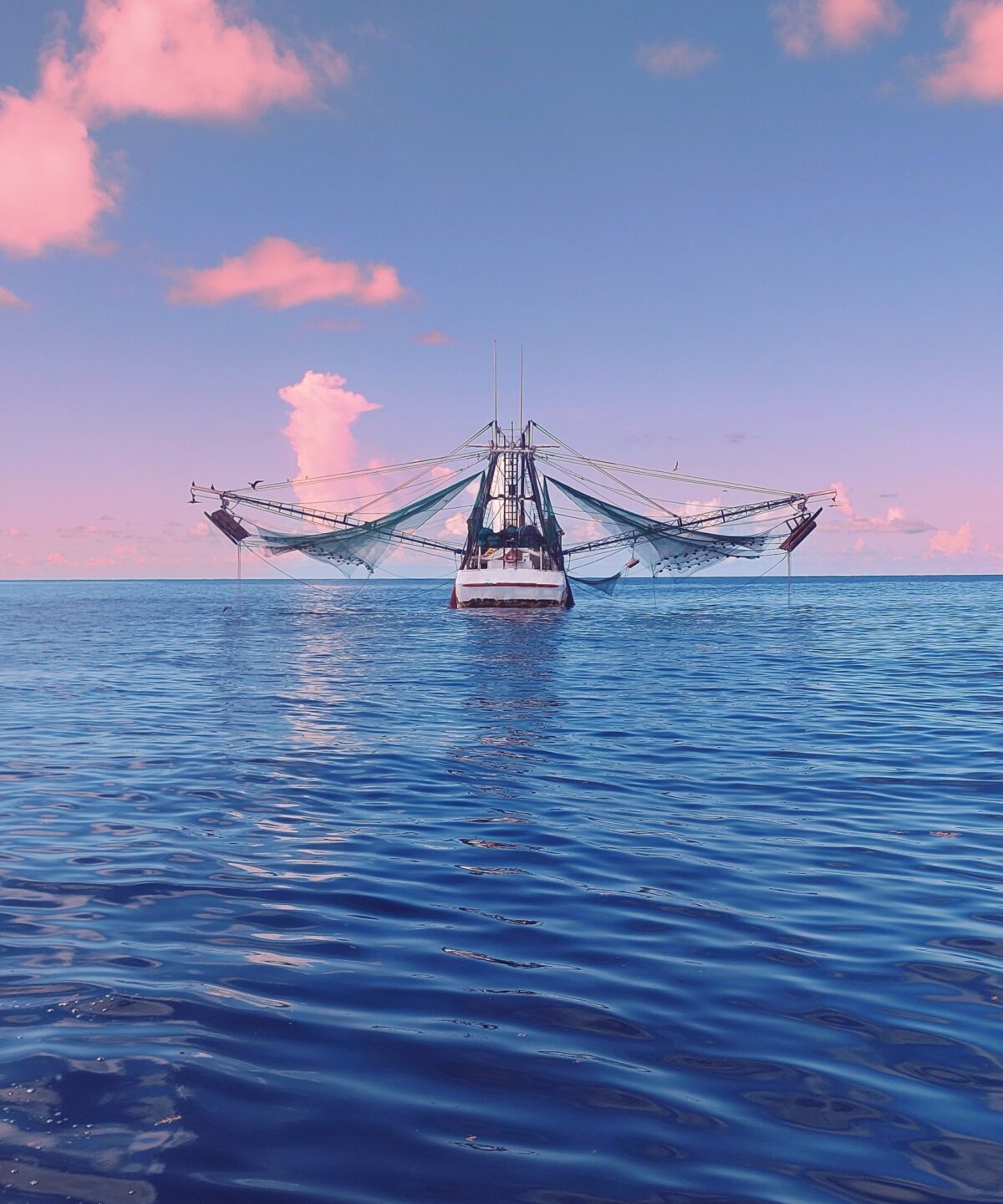
Aquaculture
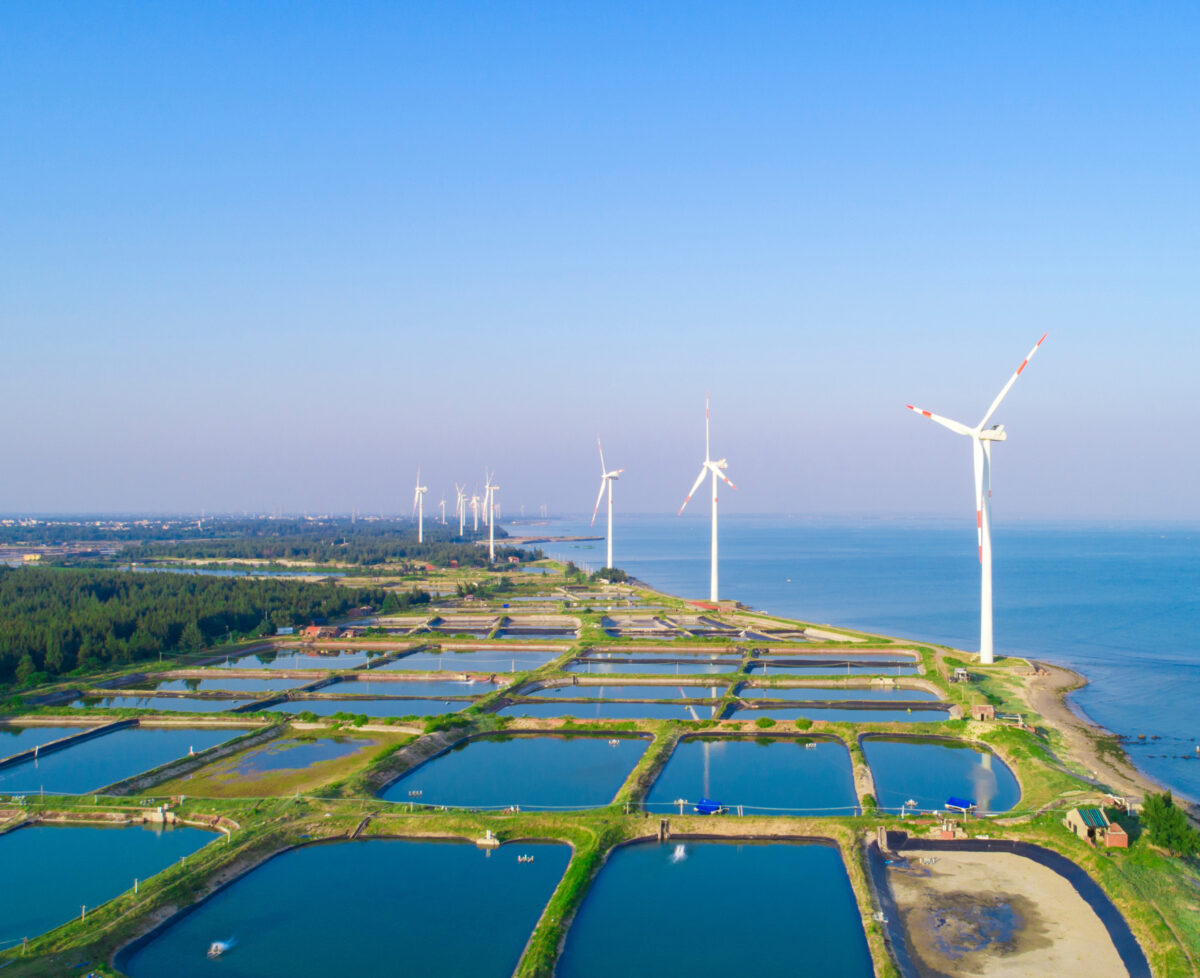
The aquaculture sector has a wealth of climate-friendly solutions available. SFP focuses on mitigation and adaptation approaches in farming regions, facilitating industry support for restoring and managing mangroves, wetlands, seagrasses, and other important habitats for carbon sequestration. As these habitats are restored and managed by local stakeholders, adaptation also takes place through the protection of shorelines and communities from the impacts of rising sea levels and extreme weather events.
SFP also works with the aquaculture industry to improve its feed sources by reducing the carbon footprint of feed ingredients. Our Feed Solutions Directory helps companies understand and address the climate impacts of their aquaculture feed. These efforts, combined with other actions companies are already taking to reduce aquaculture’s footprint, will help ensure responsible growth within this key sector.
Climate mitigation and adaptation cuts across all SFP work areas
Help support climate-resilient seafood
Contact SFP to learn more about these issues and how you can contribute to addressing the challenges of climate change in the seafood sector.

